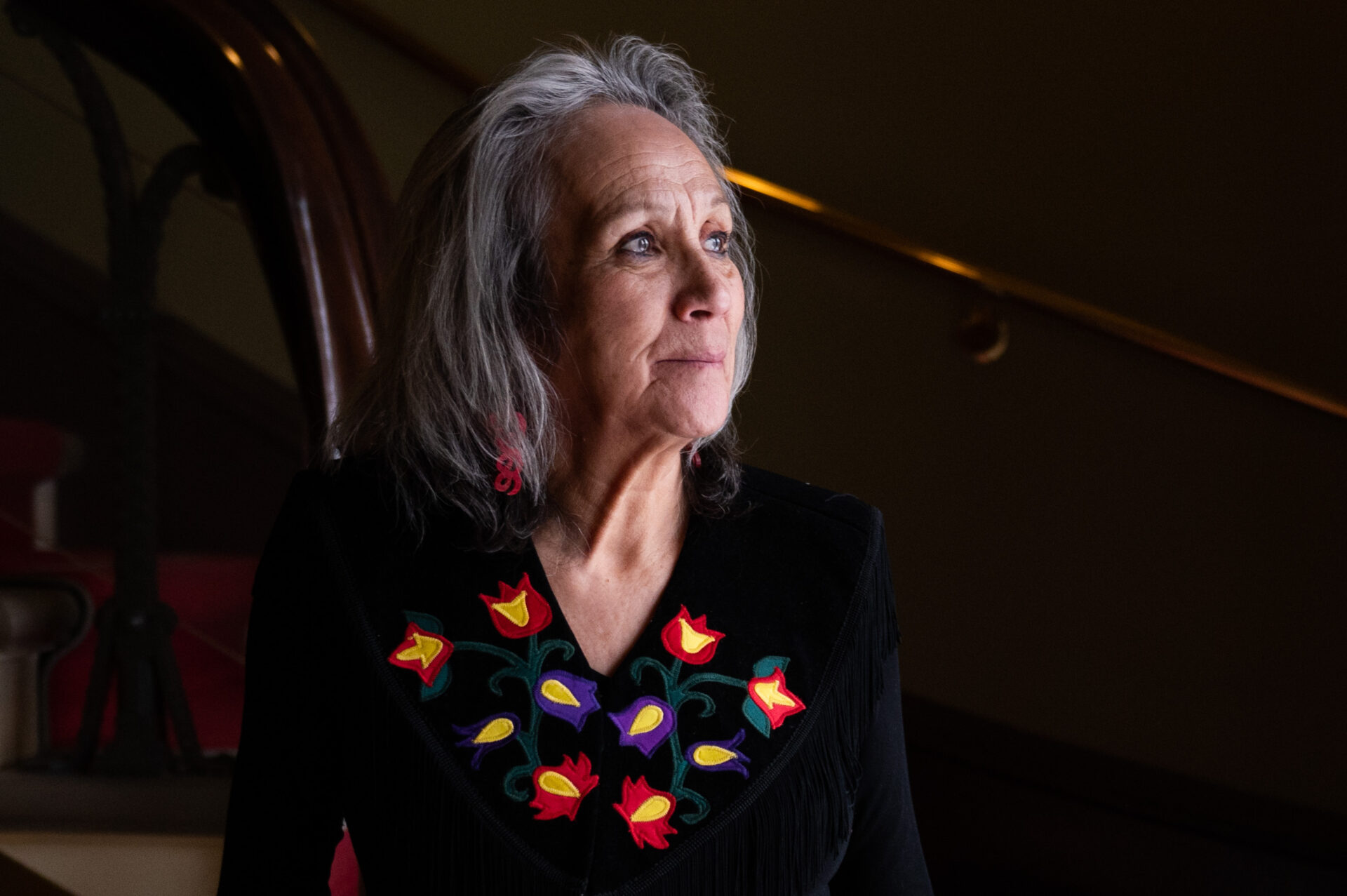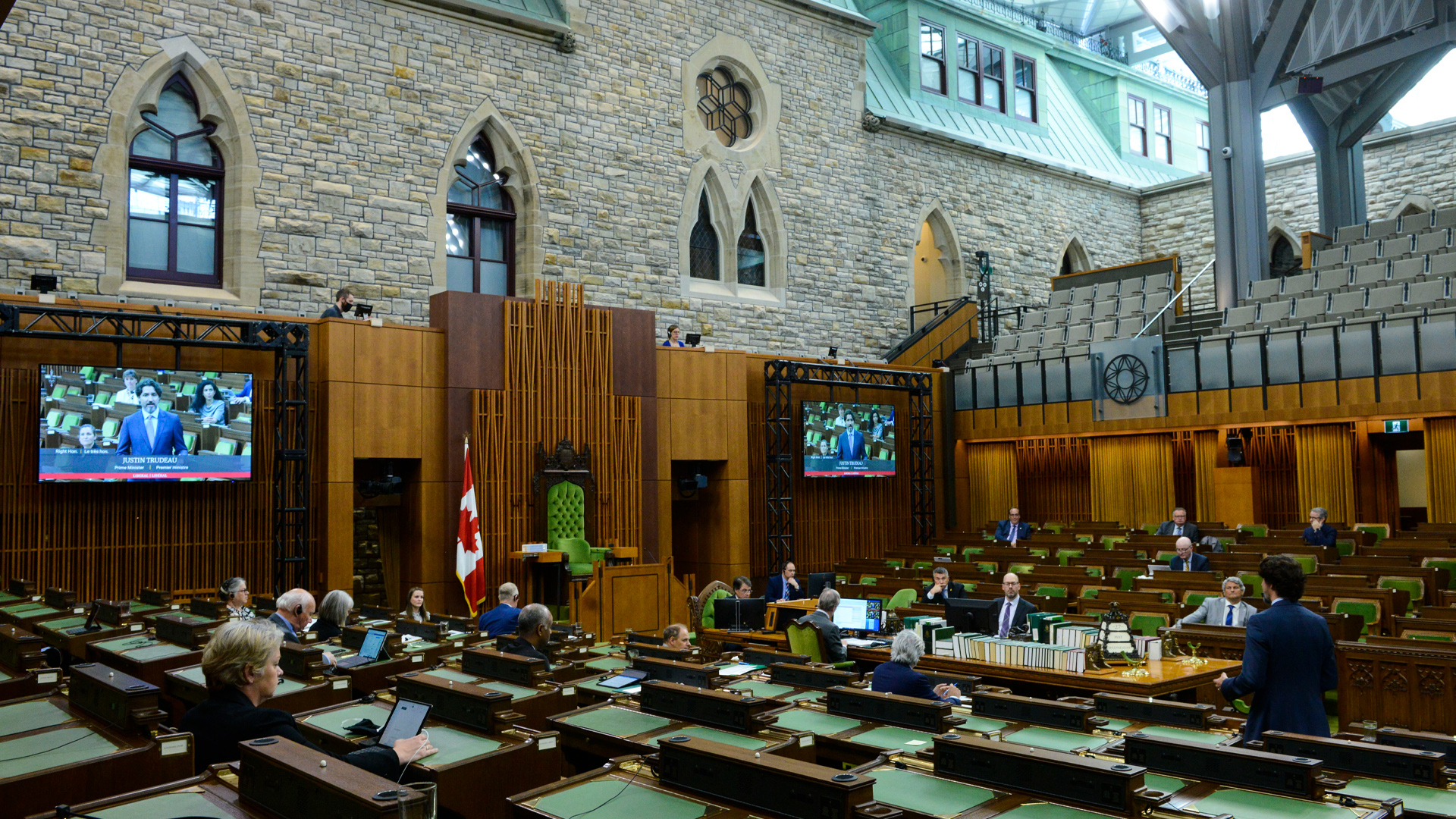
(Version française disponible ici)
The COVID-19 pandemic forced dramatic changes in parliamentary business. Some Canadian legislatures simply stopped meeting. Others experimented with new ways of conducting business, such as the House of Commons’ hybrid sitting agreement, which provided for remote sitting and voting options for MPs.
Equality advocacy groups – such as those representing women, disabled communities, and racialized communities – pushed for these types of adaptations well before COVID-19. Adapting processes to allow more flexibility can enhance the participation and representation of under-represented groups, which is the goal underpinning a diversity-sensitive Parliament (DSP) approach, as Sarah Childs called it in 2016.
The pandemic, therefore, forced an opportunity for institutional experimentation that “can and should be an opportunity to fast-track decisions, processes and working methods that are conducive for parliament to remain, be or become a gender-sensitive institution,” as the Inter-Parliamentary Union (IPU), a global organization of national parliaments, has said.
The Canadian experience demonstrates, however, that hybridity will best serve equity goals if it’s adopted at full capacity, with appropriate resources for all aspects of legislative business (including legislative votes, debates on the floor, committee work, caucus meetings, and more).
Calls to use technology for greater flexibility in the parliamentary workplace pre-date the COVID-19 pandemic. Within a DSP approach – advocated widely by scholars, NGOs, and international organizations such as the IPU – parliamentary structures and operations are prime sites for innovations such as remote sittings and voting, which could in turn improve under-represented groups’ ability to participate fully as legislators.
Permanent hybrid models for parliamentary business can promote diversity in representation by increasing flexibility for those many Canadians combining work and care responsibilities, such as those looking after young children, elders, or ailing family members. Women and racialized minorities with strong intergenerational family settings may benefit most from such arrangements.

A hybrid House of Commons also diminishes the need for MPs to travel as frequently to and from their constituencies. Such travel can be onerous for some MPs, particularly those representing Canada’s rural, remote, and Northern regions, from which a greater proportion of Indigenous representatives are drawn. Hybridity is also consistent with the Liberal government’s efforts to enhance representativeness in Parliament, such as appointing gender-parity cabinets, the first female finance minister and the first gender-equal Senate. Remote sittings and voting facilitate the participation of MPs from a variety of under-represented communities.
From a representational point of view, one of the key lessons of the pandemic is that the adoption of new technologies must be applied to all aspects of parliamentary business for it to benefit women and marginalized groups. Parliamentarians must have full access to parliamentary votes, floor debates, committee meetings, and caucus if they are to be effective representatives. Indeed, the experience of the Senate is instructive in this regard, as research by Elizabeth McCallion (co-author of this article) compellingly demonstrates. The Canadian Senate has for some time been regarded as a site where women’s substantive representation finds favourable conditions. Women are virtually half of all senators; women speak substantively in favour of women’s policy interests in Senate committees more than men senators do; and women senators are sometimes known to step in as critical actors when women’s rights are threatened.
Senators have recognized that the social consequences of the pandemic were deeply gendered and thus required a gender lens on the public policy issues that were raised by the pandemic. These include concerns about the place of women at the front line of health care and the service industry, the challenge of child care during school and daycare closures, and the “she-cession” (a recession mainly affecting women). McCallion’s research into the Senate’s activities during the pandemic found that many Senate committees that previously spoke little about women’s interests, such as those studying national finance and foreign affairs and international trade, turned their attention to the differential effects of policy on women during the pandemic.

However, senators’ overall opportunities to talk about women were severely curtailed during the pandemic. Committee meetings were paused and then limited due to pandemic restrictions and a lack of available translators. Remote sittings of Parliament put tremendous pressure on translation staff – a women-dominated sector – who faced critical occupational health and safety issues around work hours, inappropriate equipment, and other demands. McCallion’s study found that the committees that talked about women most during the pre-pandemic period were the ones who met the least during the pandemic.
This is a clear-cut example where government investment in proper hybrid Parliament infrastructure would improve the quality of legislation. This way, senators could resume committee meetings with the same frequency they had before pandemic measures interrupted their schedule. Enabling a complete schedule of Senate committee meetings would ensure that there are more parliamentary venues where women’s policy preferences can be addressed.
Making remote and hybrid options available permanently would require working through various hurdles, however, as shown in research by Elizabeth Goodyear-Grant (a co-author of this article). Some parliamentarians have argued that the decline of face-to-face interactions eroded informal networking and mentoring, which are important for onboarding new legislators and creating supportive and empowering networks for legislators from marginalized communities.
At the same time, informal interactions in Parliament are experienced differently across groups and can sometimes be harmful to women and marginalized communities. Informal interactions in legislatures can engender the same drawbacks as in other workplaces, including “bullying, silencing, micro-aggression and harassment.” Canadian research has been clear that sexual harassment and abuse of staff and MPs is an important problem in politics.
Behaviours such as heckling in the House of Commons were also easier to control in virtual sittings, another behaviour that disproportionately affects women. A 2016 Samara study reported that more than one-third of women MPs reported being targeted frequently by heckling compared to 15 per cent of men MPs. Describing their experiences, women MPs reported “being shouted down to the extent that someone sitting beside me had to rise on a point of order as they could not hear what I was saying.” They also reported losing interest in proceedings, feeling silenced, and avoiding participation because of heckling. Remote work options can feel safer and less alienating for some parliamentarians, who can form networks and connect with mentors through channels other than in-person meetings.
Hybrid arrangements have been opposed politically by some, too. House of Commons Conservatives, for example, have been vocal critics of the arrangements, arguing that remote sittings diminish the accountability function of the House. In truth, good governance requires balance and trade-offs. In the discussion of a hybrid Parliament, we have to weigh involved, in-person discussion with access to Parliament for marginalized groups with limited mobility.
A diversity-sensitive Parliament would strike a balance, using remote video and voting technology to facilitate accessibility and meaningful policy consideration. Parliament should invest in refining and optimizing technology for hybrid parliaments to strengthen democratic governance in Canada.
This article is part of the Making a Better Parliament special feature series.













